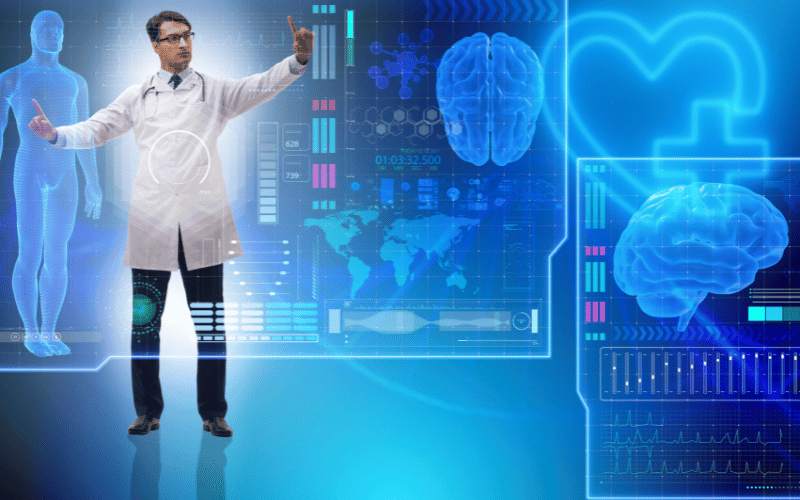Fact 15. The Future of Amnesia Treatment

While there is currently no cure for amnesia, the future of amnesia treatment looks promising. With ongoing research and advancements in neuroscience, the potential for developing effective treatments for amnesia continues to grow.
Regenerative medicine, which involves creating living, functional tissues to repair or replace tissue or organ function lost due to age, disease, or damage, holds potential for treating amnesia. For example, stem cell therapy, which involves using cells to generate new, healthy tissue, could potentially be used to repair damage in the brain regions associated with memory.
Research in this area is still in its infancy, and there are numerous challenges to overcome, including ensuring the safety and efficacy of these treatments. However, with further advancements, regenerative medicine could potentially revolutionize the treatment of memory disorders like amnesia.
As mentioned earlier, technology could play a significant role in the future of amnesia treatment. The development of memory prosthetics represents one such promising advancement. While this technology is currently in the early stages of research, the prospect of a device that can enhance memory function provides hope for future treatment strategies.
Artificial intelligence (AI) and machine learning also hold promise for the treatment of amnesia. These technologies could potentially be used to create personalized treatment plans, predict treatment outcomes, and even assist in the diagnosis of amnesia.
Furthermore, the use of virtual reality (VR) in cognitive therapy, as mentioned earlier, represents another exciting development. By providing immersive and interactive environments, VR could potentially enhance memory recall and learning in individuals with amnesia.
The human brain is remarkably resilient, with an ability known as neuroplasticity – the capacity to reorganize and form new neural connections throughout life. This flexibility allows the brain to adapt and recover from damage, and it’s this ability that many treatments for amnesia aim to harness.
Cognitive rehabilitation and memory training strategies work on this principle, aiming to strengthen existing memory abilities and develop new ones by taking advantage of the brain’s plasticity. With ongoing research, it’s likely that our understanding of neuroplasticity and how to harness it for treating amnesia will continue to grow. (15)